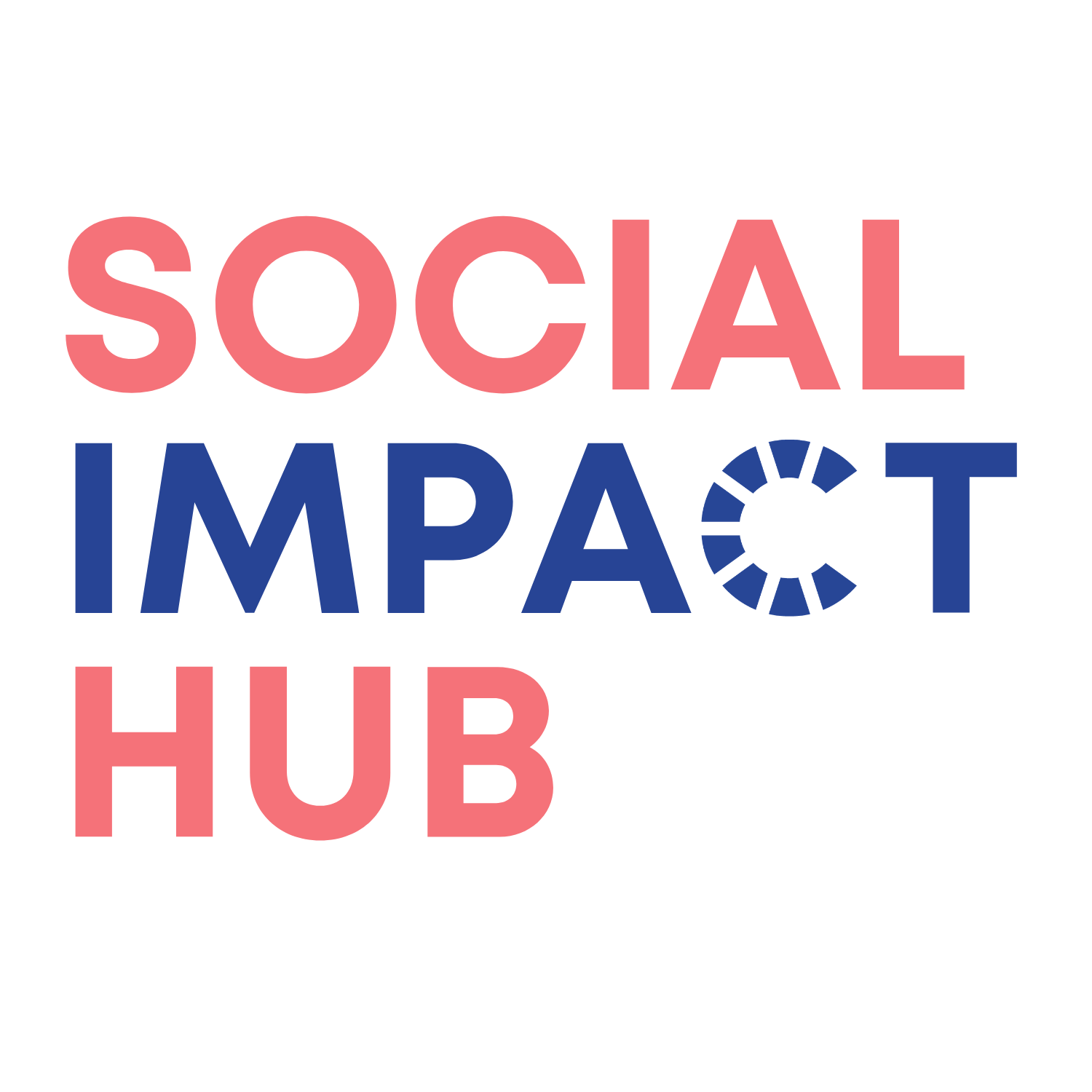Meet the Power Couple of Impact Investing: How an Austrian Computer Scientist and a Hawaiian Architect Are Paving the Way for Good Investments
Recently we had the amazing opportunity to meet Charly and Lisa Kleissner, advocates and game changers in the field of impact investing and founders of the KL Felicitas Foundation. The Kleissners are very down-to-earth, passionate people, the entrepreneurial types. Charly is a tech executive with a PhD in Computer Science and Lisa an architect who cleverly traded her design work for stock in tech companies. They came into their wealth during the tech boom in Silicon Valley and went on to establish their Foundation in 2000. Leaving their careers behind, the Kleissners have dedicated significant time and effort to investing for good – 100% good.
So, what is impact investing?
Impact investing is a step up from responsible investment, which involves a conscious decision not to invest in companies inconsistent with the values of the investor. Impact investing goes much further than this: it is an intentional investment made to create a measurable social or environmental impact in addition to a financial return. This novel idea is gaining significant momentum and the industry is experiencing rapid growth. A recent report released by the G8 Social Impact Investment Taskforce discusses initiatives to grow the market to one trillion dollars. Pioneers like the Kleissners are offering an inspirational approach to putting today’s fortunes to good use and are on a mission to mainstream impact investing. And it makes sense – if you could make money and do good simultaneously, why wouldn’t you?!
But back to the Kleissners…
The Kleissners are quick to point out that they feel very lucky for the wealth they amassed during their time in Silicon Valley. Neither come from well-off families, so they have a very grounded, philosophical approach to their wealth. As a result, they are largely driven by their strong personal values and impact investing is a logical extension of this. The Foundation’s aim is to support social enterprises to grow sustainably through granting and impact investing. The Kleissners are trailblazers, moving towards 100% impact investing across all asset classes. They’ve also founded the 100% IMPACT Network – a global network of asset owners who have intentionally committed 100% of their assets to social and/or environmental impact. Their efforts have been impressive – their impact investment portfolio speaks for itself. It has been competitive and in some cases outperformed industry standard benchmarks, proving that impact investment can be very successful financially and on par with traditional investing.
‘Total Portfolio Theory’: A unique but strong approach to making investments
One key feature of the Kleissners’ approach has been to remain holistic in their analysis of investments – integrating positive impact and challenging current risk-return assumptions. They work with a diverse group of people and are involved in vetting each investment. They have taken a completely hands-on approach to their portfolio, travelling to remote parts of the world to conduct due diligence on some of their investments. At times, this has meant overruling the advice of their financial advisors who were reluctant to sign off on projects with projected lower financial returns. By the same token they are also prepared to walk away from financially lucrative deals if these would have an unintended negative social or environmental consequence. In addition, the Kleissners have maintained a long-term view on most of their equity investments, seeing them as ‘patient capital’ to allow social enterprises to scale and increase their social impact over time.
That’s how aligned they are to their values and to realising their vision.
What does the impact investment market look like?
We were curious to understand the market for impact investments and asked the Kleissners about the effect of economic cycles on their portfolio. They were enthusiastic to explain that their Foundation had been largely unaffected and impact investments could even be counter-cyclical to the broader economy. Charly gave an example that involved an investment in water-use licences and agriculture, where in times of drought, the value of the water-use licences increased and in times of abundant rain, better yields increase the value of the agricultural investment. We were surprised to hear that the Kleissners viewed the Global Financial Crisis as a blessing. Lisa explained that it was the catalyst for a cultural shift in the market and made investors and financial providers rethink the effects of being solely profit-driven and aware of how the due diligence involved in impact investing can actually mitigate against risk and financial losses.
A bold vision for the future
The Kleissners have a bold vision – they are seeking to redefine success in investment by proving that impact investment not only creates real impact, but is also competitive against mainstream investment. To do this, the Kleissners have worked hard to create frameworks to analyse and measure their impact and they share all this information publicly – both on the Foundation’s website and through Toniic (a comprehensive website providing impact investors with a suite of investor tools, investment opportunities, support, education and a network of peers). The Kleissners hope that their emphasis on transparency and their support of the impact investing ecosystem will attract others to the field and spread the message that investing for good makes both social and financial sense. They also generously attend many speaking events and spread the story of both their successes and their learning experiences.
As a group of young university students, this was a very humbling, inspiring and enriching experience and we are very grateful to the Kleissners for giving up their precious time to speak with us.
Written by Claudia Crause, Angus Ryan, Johnny Zhang, Derek Lau and Teneisha Bhalla
